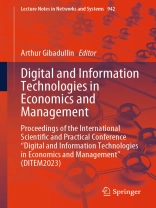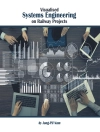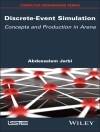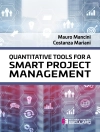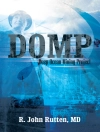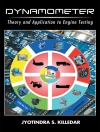This book covers the III International Scientific and Practical Conference ‘Digital and Information Technologies in Economics and Management’ (DITEM2023) which was held on November 21–23, 2023.
The conference addressed issues of networks and systems related to the use of information technologies in economics and management of various sectors. A distinctive feature of the conference is that it featured presentations by authors from China, Bulgaria, Uzbekistan, Oman, Kazakhstan and Russia. Researchers from different countries presented the process of transition to new information technologies of various network and system structures and sectors. The conference made it possible to develop new scientific recommendations on the use of information, computer, digital and intellectual technologies and networks in industry and fields of activity that can be useful to state and regional authorities, international and supranational organizations, the scientific and professional community.
Table of Content
Development and Application of Information Systems for Planning Production Activities of an Industrial Company.- Fuzzy Decision-Making Problems for Controlling Operating Modes of Technological Systems and Methods for Solving Them.- Information System for Managing Material Remuneration of Teachers and Its Analytical Potential by Example of Bauman Moscow State Technical University.- Intra System Links Dynamics as a Cause of Development Cyclicity: The Simplest Equations.- Improving the Sustainability and Safety of the City Transport System through the Application of Computer Modeling.- Development of Software for the Analysis of Socio-Economic Indicators based on Neural Networks.- Estimation of the Cost of Developing a Digital Twin using Virtual Reality Technologies in the Metallurgical Industry.- Formation of Artificial Collective Intelligence based on the Theory of Active Systems.- Nonlinear Modeling of the Population State of Gregarious Locusts.- Designing the Architecture of a Multi-Agent City Management System using Advanced Object-Oriented Modeling.
